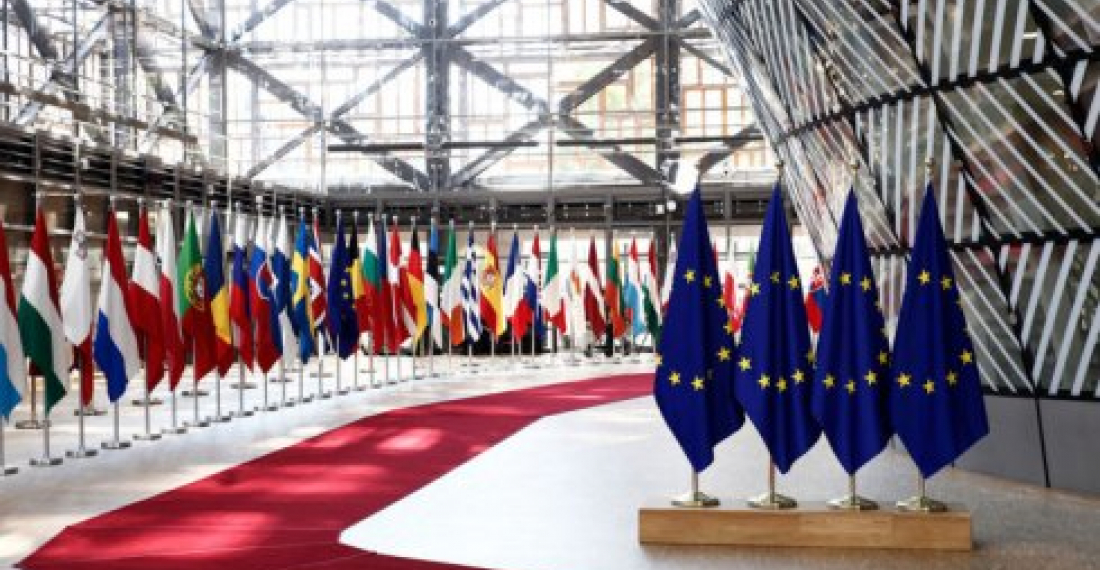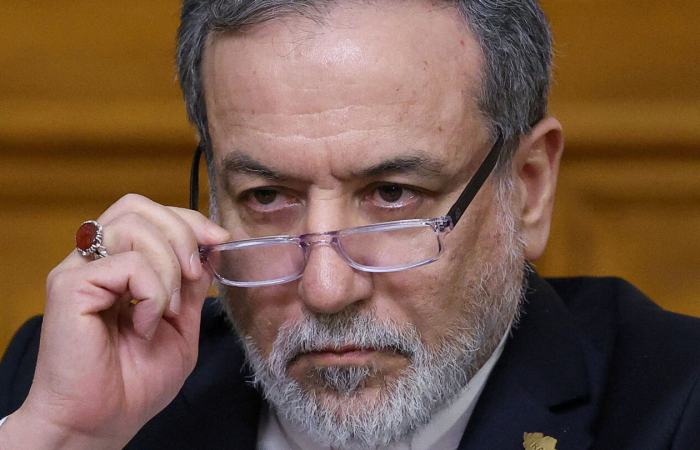У Европейского Союза есть новая стратегия для Центральной Азии. Стратегия была утверждена на заседании Совета по иностранным делам ЕС, состоявшемся в Брюсселе 17 июня. В заявлении говорится, что стратегия адаптирует политику ЕС к новым возможностям, появившимся в регионе.
В своих выводах Совет приветствует укрепление отношений между ЕС и Казахстаном, Кыргызской Республикой, Таджикистаном, Туркменистаном и Узбекистаном с момента принятия первой стратегии ЕС для Центральной Азии в 2007 году.
"Совет одобряет Совместное общение на тему «ЕС и Центральная Азия: новые возможности для более прочного партнерства» Верховного представителя и Европейской комиссии, которое вместе с выводами Совета обеспечивает новую политическую основу для взаимодействия ЕС со странами Центральной Азии в ближайшие годы. Новая стратегия направлена на содействие устойчивости, процветанию и региональному сотрудничеству в Центральной Азии.
Совет подчеркивает свою приверженность заключению и осуществлению амбициозных и взаимовыгодных соглашений о расширенном партнерстве и сотрудничестве (EPCA) с заинтересованными странами региона. Эти соглашения остаются краеугольным камнем взаимодействия ЕС с Центральной Азией. Совет повторяет, что сфера отношений ЕС связана с готовностью отдельных стран Центральной Азии проводить реформы и укреплять демократию, права человека, верховенство закона и независимость судебной власти, а также модернизировать и диверсифицировать экономику в том числе путем поддержки частного сектора, в частности малых и средних предприятий, в условиях свободной рыночной экономики.
Признавая стратегическую роль Центральной Азии в глобальных усилиях по продвижению евро-азиатских связей и подчеркивая, что эти усилия должны приносить пользу региону, Совет заявляет, что он ожидает расширения сотрудничества со странами Центральной Азии в целях содействия устойчивому, всеобъемлющему и нормальному развитию. Совет также подчеркивает совместную заинтересованность ЕС и стран Центральной Азии в активизации сотрудничества в целях содействия миру в Афганистане".
Вы можете прочитать выводы Совета по иностранным делам ЕС о новой стратегии в отношении Центральной Азии здесь.
источник: commonspace.eu







